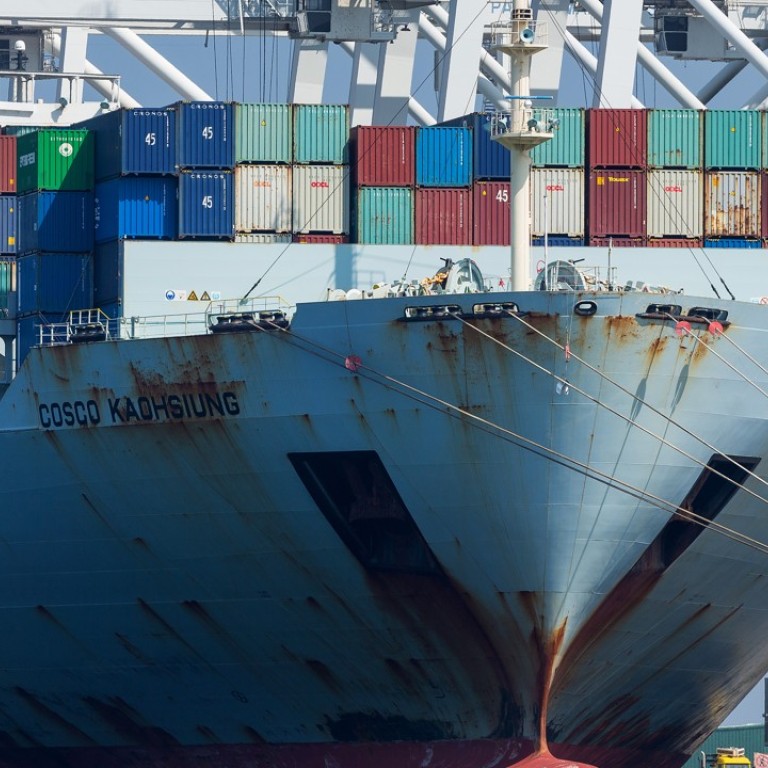
US-China trade war: who wins, who loses?
Conventional wisdom suggests the US has the least to lose from a trade war. But, not so fast …
Conventional economic wisdom suggests that trade wars hurt exporting countries more than importers, because if both sides impose equal and opposite tariffs, the country that exports more has more to lose. This explains, at least partly, why the US dollar has strengthened in the last few months. As the world’s biggest importer, in theory the US has the least to lose from a trade war.
China and Trump’s tariffs: stop, or I’ll shoot myself too
WATCH: Is trade war hurting US steel business?
But that doesn’t mean China will necessarily come off worse in a trade war. Many of the imports from China on which the US is proposing to charge tariffs are vital links in the supply chains of companies in the US itself.
For example, many US companies import intermediate goods from China as inputs for their own manufacturing processes. For example, US industrial heavyweight Cummins makes components in China that go into the engines it manufactures in the US. It will now have to pay a 25 per cent tariff to ship in its own components.
Trump’s trade war: not about trade, not about Trump. Here’s what it is about
Similarly, many electronic products that the US imports from China contain components designed and manufactured in the US. By levying tariffs on imports from China, in lots of cases the US will effectively be imposing export tariffs on its own exporting industries.
That’s bad enough. But the US economy today has little spare capacity, and inflation pressures are beginning to emerge. As a result, US companies will struggle to ramp up domestic production to substitute for imported products subject to the new tariffs.
China and Trump’s tariffs: stop, or I’ll shoot myself too
WATCH: Trade war threatens China’s love for American barbecue
That means exporters from China will not have to absorb the costs of the tariffs, but will be able to pass them on to their customers in the US. The result is likely to be higher inflation in the US, higher interest rates, and slower real economic growth.
In short, even though China may find it difficult to retaliate in the coming trade war, it could still emerge the winner in relative terms, as Trump’s import tariffs may well do more harm to the US economy than they do to hurt China. ■
Tom Holland is a former SCMP staffer who has been writing about Asian affairs for more than 20 years

